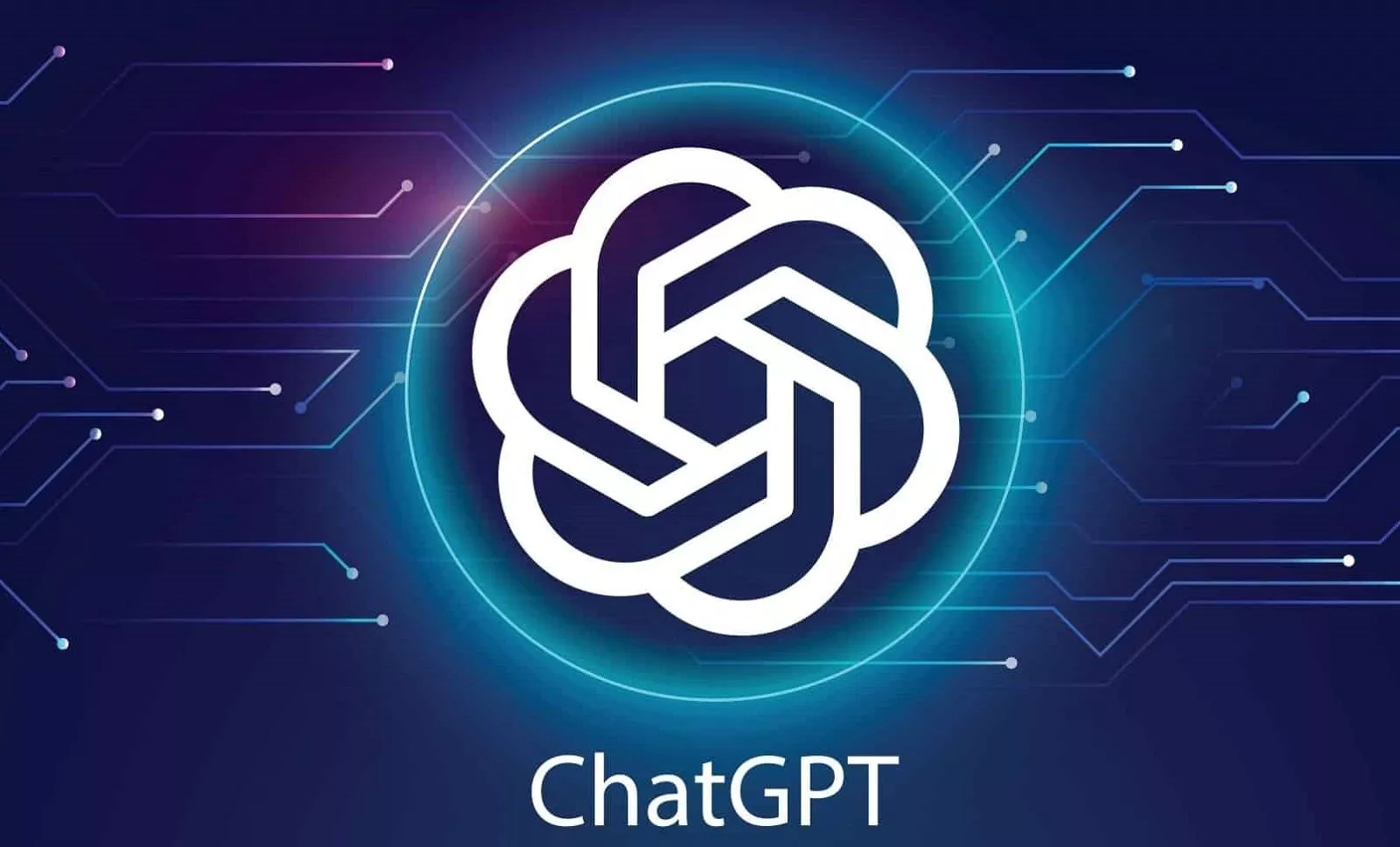News
Apology from Lawyer: False Court Citations by ChatGPT Exposed

Last Updated on May 29, 2023 by Robert C. Hoopes
ChatGPT, a language model created by OpenAI’s artificial intelligence division, was just discovered for using fake legal references. There are serious consequences for the honesty of AI-generated content if legal information can be modified in this way. In light of this shocking information, OpenAI issued an apology, which is discussed in this article along with the associated debate and its impact on legal conversation.
The debate all started when a lawyer doing the necessary research on a case found a strange court reference in an article produced by ChatGPT that was incorrectly assigned to a case that didn’t exist. The lawyer’s interest led him to find deeper, and he quickly discovered a web of forged citations in several journals and court documents that incorrectly credited findings to ChatGPT. The significance of the problem was made clear by the doubts it raised about the accuracy of AI-generated legal data.
Implications for Legal Discussion The use of artificial intelligence (AI) in the legal area has been on the rise, with an expectation of improved productivity, precision, and transparency. However, the episode highlights the risks and difficulties related to using AI techniques for legal research and analysis. The control of court references not only weakens the core basis of legal study and debate but also damages public confidence in AI-generated information. The legal community, education, and the entire judicial system would be put at risk if AI systems were capable of producing misleading or inaccurate legal references.
After the forged court references were uncovered, OpenAI quickly issued an apology, recognizing the seriousness of the situation and expressing sorrow for the inaccurate information spread via ChatGPT. The group restated its dedication to ethical AI research, development, and deployment. OpenAI promised the public and the legal community that it will take action to fix the problem and prevent it from happening again. The company has also announced the establishment of an external review board comprised of practicing lawyers to guarantee the quality of legal information produced by artificial intelligence.
In conclusion, legal professionals and AI players alike are deeply concerned about ChatGPT’s exposure to fake court orders. OpenAI’s quick sorry and promise to fix the problem are significant signs of its understanding of the importance of the situation. The legal community, legal experts, and AI developers all need to work together to restore public confidence in AI-generated legal information and protect its true nature. The incident emphasizes the significance of maintaining the integrity of legal discourse through the implementation of responsible AI development, transparency, and ongoing evaluation.


